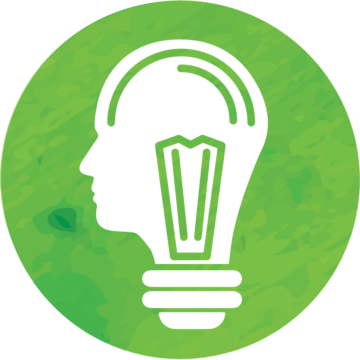
The Solar Decathlon
The Solar Decathlon is an international competition that challenges collegiate teams from all over the world to design and build a solar-powered house that is cost-effective and attractive. During the final phase of the competition teams assemble and present their houses to the general public.
As the contest is a ‘decathlon’, each team must address the ten contests of the competition. These contests range from Architecture to Innovation including various assessments of Sustainability and Thermal Comfort.
Each Solar Decathlon is an intensive learning experience for students, staff and supporters. The latest technologies and materials in energy-efficient design, clean energy technologies, smart home solutions, water conservation measures and electric vehicles are put to the test.
The Solar Decathlon Middle East 2018 is run by the Dubai Energy and Water Authority and the US Department of Energy. Fifteen teams from eleven different countries will come together for the finals held in Dubai in November 2018. Students from the University of Wollongong and TAFE NSW have joined with the University of Wollongong in Dubai to form our new Team UOW and compete in the Soalr Decathlon Middle East 2018 competition. Team UOW will build an affordable net-zero energy, solar powered house to improve sustainable living for future generations.
History of the Competition
In an effort to spur innovation in the energy industry Richard King, in the year 2000, created a new competition to challenge the best and brightest students to design and build completely self-sufficient houses that would redefine how people could energise their lives. The Solar Decathlon organisers, teams, and sponsors dedicated their own energies to securing a brighter energy future by creating and participating in this hugely successful first competition.
Since the first competition in 2002, the Solar Decathlon has expanded internationally to include four additional worldwide competitions: Solar Decathlon China, Solar Decathlon Europe, Solar Decathlon Latin America and Caribbean, and now Solar Decathlon Middle East. With its continued success in the US, competitions have been held biannually since 2002.
Over these years the competition has showcased an amazing array of innovative renewable energy and sustainable technologies with a reputation as the most outstanding student-led design competition in the world. It seeks to further creative thinking and applied training and highlights the benefits of sustainable design to the community.
The Ten Contests
The Solar Decathlon Middle East 2018 has adapted some of the traditional contest areas to challenge the teams to adapt their designs to the heat, dust and high humidity that is experienced in the Middle East. Contests are either Measured based on predetermined metrics or Juried where teams must explain their concept to a panel of experienced judges.
Innovation
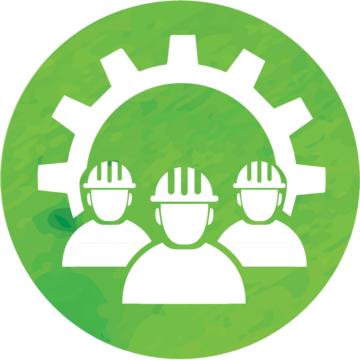
Engineering and Construction
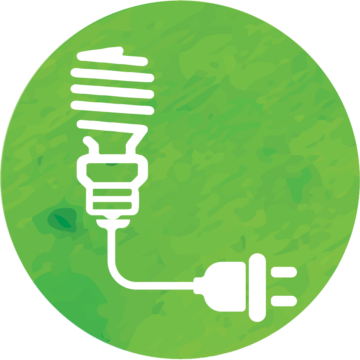
Energy Efficiency
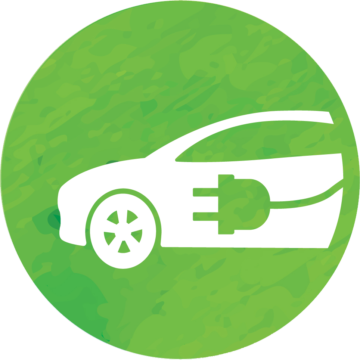
Sustainable Transportation
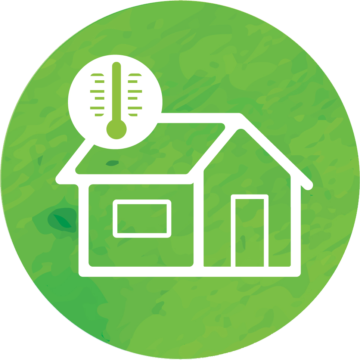
Comfort Conditions
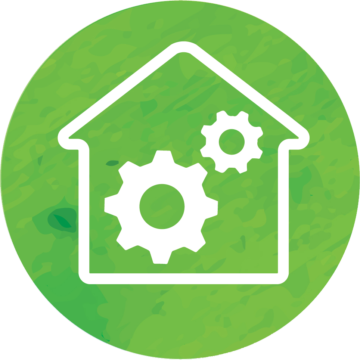
House Functioning

Communication
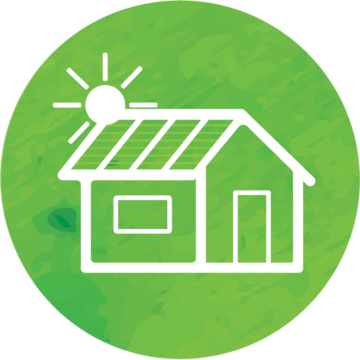
Energy Management

Architecture

Sustainability
Solar Decathlon China 2013
In 2013 Team UOW competed in the Solar Decathlon China with the Illawarra Flame House. Team UOW were the first Australian team to ever enter the Solar Decathlon and took first place in the competition with the world record score of 957.6 out of 1000, a record held for over five years.


Previous Competitions
Since the inception of the Solar Decathlon in 2002 there have been 224 teams who have competed (not including current competitions) from 40 different countries.
The countries highlighted in red indicate where competing teams have come from, with the areas marked in blue as those who have most recently joined in current competitions.

